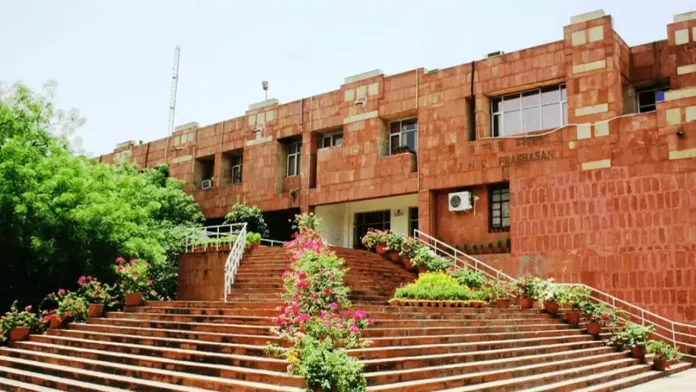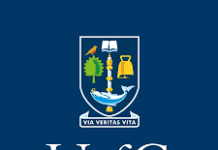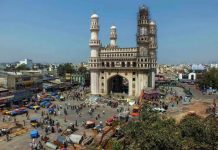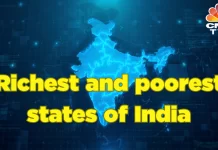Comparing the results from previous years, the Jawaharlal Nehru University Students Union (JNUSU) polls on Friday saw a voter turnout of 73%, the highest in the previous 12 years.
The election committee stated that the two phases of the JNUSU elections were postponed because of logistical issues.
Following a four-year break, more than 7,700 registered voters cast secret ballots in the election.
Due to the polling delay, the vote counting, which was scheduled to start at 9 p.m., is also running later than expected.
Sunday will see the announcement of the JNUSU results following the conclusion of the vote counting.
Around 11 a.m., polling started at the 17 booths scattered throughout the JNU Centres of Studies and went until 7 p.m. The scheduled start time was 9:00 a.m.
Voters waited in line at their designated polling places while supporters of various student outfits chanted slogans and applauded for their leaders.
Raves of “Jai Bheem,” “Bharat Mata Ki Jai,” and “Lal Salam,” accompanied by drum beats, filled the air as a sea of students began converging at the polling places after 11 a.m.
Eight candidates were vying for the esteemed position of president, while 19 candidates were vying for spots on the JNUSU central panel and 42 for school counsellors.
The president, vice president, joint secretary, and general secretary make up the Central Panel.
Dhananjay was put forward for president, Avijit Ghosh for vice president, and Mh Sajid for joint secretary by the United Left, which is made up of the All India Students’ Association (AISA), Democratic Students’ Federation (DSF), Students’ Federation of India (SFI), and the All India Students’ Federation (AISF).
Late on Thursday night, the Election Committee revoked Swati Singh’s Left panel nomination for General Secretary after the ABVP filed a challenge with the university’s Grievance Redressal Cell (GRC).
Later, Swati went on a hunger strike in protest of not being re-elected or nominated for the general secretary position.
She claimed that she received notification via WhatsApp late at night, just hours before the polls opened, from the election committee about the cancellation of her nomination.
However, the election committee said in a statement that it revoked her nomination at the GRC committee’s request.
A hunger strike by students with disabilities was also organised during the polling process in response to a purportedly disparaging comment made by the presidential candidate of the ABVP during the Q&A period.
The students’ outfit claims that Dhananjay, the Left’s presidential candidate, is from Gaya, Bihar, and could be the party’s first Dalit president since Batti Lal Bairwa in 1996–1967.
Umesh Chandra Ajmeera ran for president, Deepika Sharma for vice president, Arjun Anand for secretary, and Govind Daangi for joint secretary in the RSS-affiliated ABVP.
Ajmeera’s experience as a victim of Naxalite attacks—in which he tragically lost both of his parents—serves as a strong argument for his candidature.
Farheen Zaidi was running for general secretary and Junaid Raza for president from the Congress’s student organisation, NSUI.
Rupak Kumar Singh for general secretary, Priyanshi Arya for joint secretary, MD Anas A for vice president, and Biswajit Minji for president were the BAPSA’s candidates for the Central Panel.
Minji, who is from an Adivasi community in West Bengal, finds motivation in the hardships his parents faced as contract workers. If elected, he asserts that he will be the first Adivasi to run for president.
You can only listen to the newest music on JioSaavn.com.
The sole female candidate for president of the Samajwadi Chatra Sabha, who hails from the Azamgarh district of Uttar Pradesh, hopes to challenge patriarchy and represent the voice of the oppressed on college campuses.

































